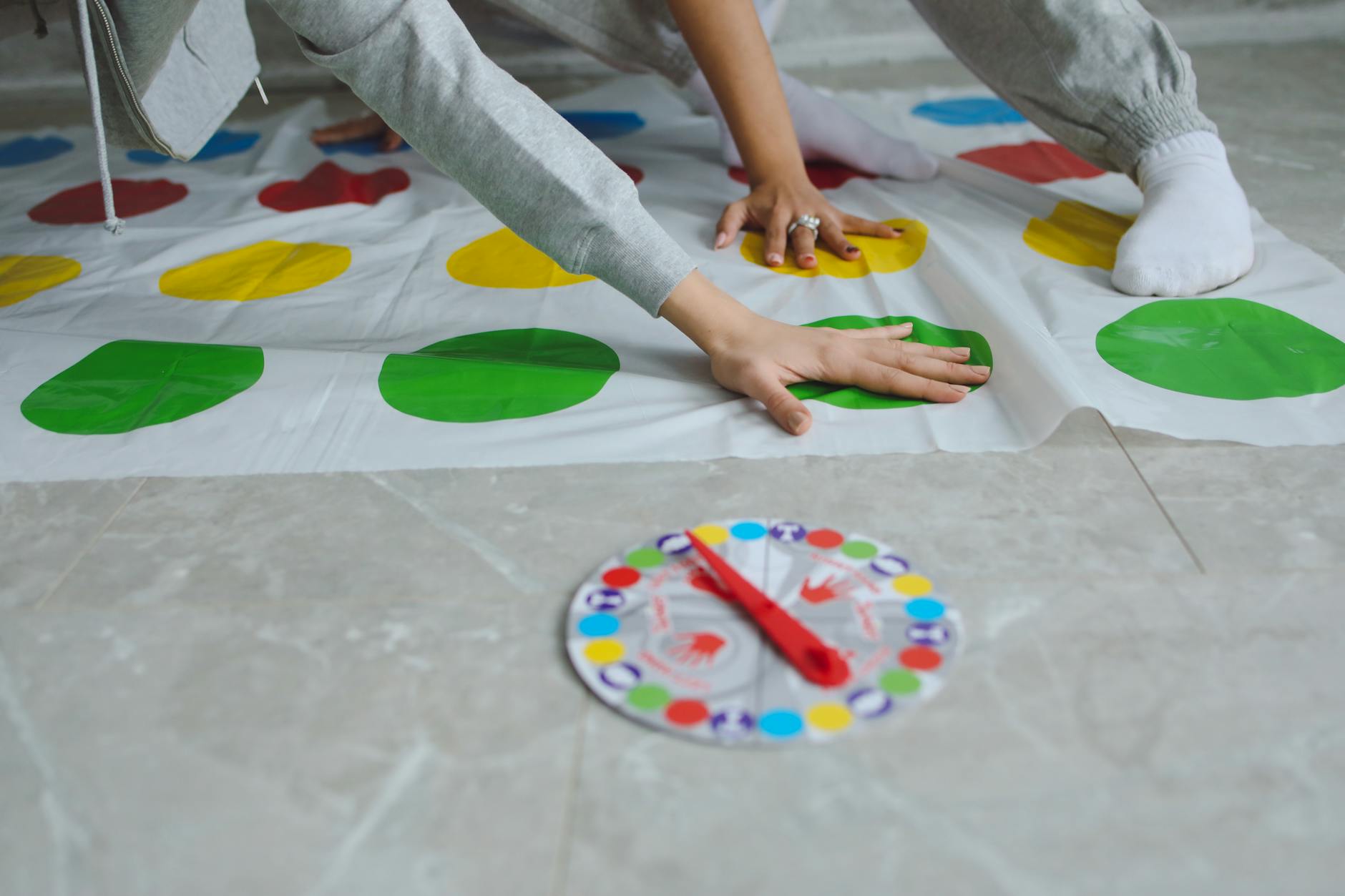What is social interaction challenges?
What is social interaction challenges?
Social interaction challenges refer to the difficulties individuals face when trying to connect with others in various social situations. These challenges can manifest in many ways, from feeling anxious in gatherings to struggling with interpreting social cues. Understanding these challenges is vital not only for those who experience them but also for friends, family, and colleagues who want to foster supportive environments. In this post, I’ll explore the nature of social interaction challenges, their impact, underlying causes, and practical strategies for overcoming them.
Understanding Social Interaction Challenges
Social interaction challenges can affect anyone, regardless of age or background. These difficulties might include anxiety in social situations, trouble starting or maintaining conversations, or even misunderstanding social cues. Recognizing these challenges is essential because they can significantly impact one’s personal and professional life.
For instance, someone with social interaction difficulties may struggle to participate in team meetings or find it hard to make new friends. It’s crucial to address and understand these challenges to improve communication skills and foster better relationships. Resources like Social Communication Disorder provide valuable insights into these issues.
Common Types of Social Interaction Challenges
- Anxiety in Social Situations: Many individuals experience anxiety when faced with social gatherings. This can lead to avoidance behaviors that further isolate them.
- Difficulty Interpreting Social Cues: Some people find it challenging to read nonverbal signals, such as body language or facial expressions, making it hard to engage in meaningful conversations.
- Issues with Starting or Maintaining Conversations: This might include difficulty in knowing how to initiate a discussion or keep the dialogue flowing, leading to awkward or uncomfortable interactions.
Impact on Daily Life
Social interaction challenges can create significant barriers in everyday life. They may affect work-life balance, reduce productivity, and strain personal relationships. For instance, a person might avoid social events at work, missing opportunities for networking or collaboration. Similarly, strained friendships can arise when individuals struggle to communicate effectively. This can perpetuate feelings of loneliness and frustration.
Causes of Social Interaction Challenges
Understanding the root causes of social interaction challenges is essential for identifying effective solutions. These challenges can stem from various psychological and environmental factors.
Psychological Factors
Anxiety disorders, autism spectrum disorders, and other psychological conditions can lead to social interaction difficulties. For example, individuals with social anxiety disorder often find themselves overwhelmed in social situations, fearing judgment or embarrassment. Similarly, those on the autism spectrum may struggle with social communication, which can hinder their ability to form connections. Resources like Social difficulties in autism spectrum disorder provide a detailed look at these issues.
Environmental Influences
A person’s upbringing, cultural background, and social environment significantly impact their ability to engage socially. For example, individuals raised in overly critical or isolated environments may develop anxiety about interacting with others. Cultural norms can also shape how people communicate, leading to misunderstandings when different styles collide.
Strategies to Overcome Social Interaction Challenges
While social interaction challenges can seem daunting, there are several strategies to help individuals navigate these difficulties effectively.
Skill Development Techniques
Improving communication skills, empathy, and emotional intelligence can significantly enhance social interactions. Engaging in role-playing or practicing conversations in safe environments can help build confidence. Additionally, seeking feedback from trusted friends can provide valuable insights into interpersonal dynamics.
Utilizing Support Systems
Seeking support from friends, family, or professionals can be a game-changer. This support system can encourage individuals to step outside their comfort zones and gradually face their fears. For example, participating in group therapy or social skills training can provide the necessary tools to enhance interaction abilities. Resources like Navigating the Challenges of Social Interaction offer valuable information on this topic.
Mindfulness and Relaxation Techniques
Incorporating mindfulness practices, such as meditation or breathing exercises, can help reduce anxiety in social situations. These techniques promote self-awareness and help individuals stay grounded during challenging interactions. Simple exercises like deep breathing can be particularly effective in calming nerves before entering a crowded space.

Photo by Polina Tankilevitch
Conclusion and Encouragement
Social interaction challenges are common and can significantly impact various aspects of life. However, by understanding the nature of these challenges and exploring effective strategies to address them, individuals can improve their social skills and foster better relationships. Remember, it’s essential to take proactive steps toward overcoming these challenges. Whether through skill development, utilizing support systems, or practicing mindfulness, every small step counts. Embrace the journey of personal growth and work toward creating more fulfilling social connections.